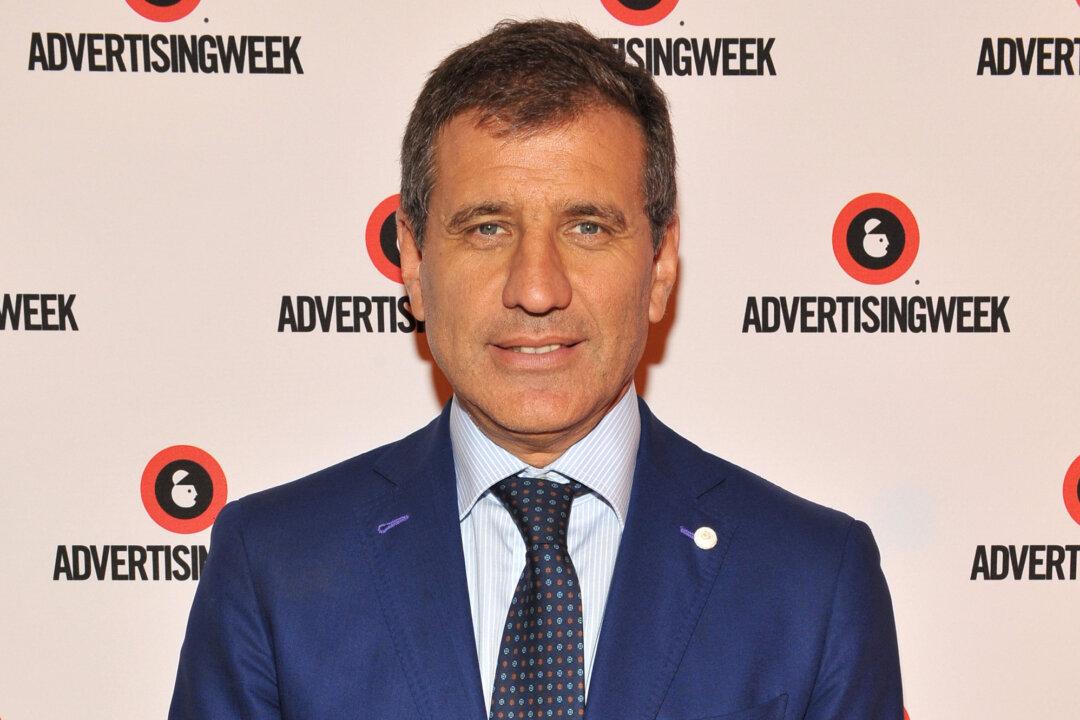Earlier this year, Erin Johnson, the chief communications officer of advertising giant J. Walter Thompson, filed a lawsuit charging CEO Gustavo Martinez with subjecting employees “to an unending stream of racist and sexist comments as well as unwanted touching and other unlawful conduct.”
In a video used as evidence against Martinez in the suit, Martinez tells employees at a conference that he “found such different and strange characters in the elevator” at a Miami event “I was thinking I was going to be raped in the elevator—and not in a nice way.” Attendees say a party, largely attended by African-Americans, was taking place. After Johnson’s charges and the video, Martinez resigned.
The charges will come as no surprise to many who have worked in advertising. As a copywriter working for an ad agency that merged with a leading global advertising agency, I personally witnessed the “Mad Men”-style of sexism and racism Erin Johnson describes (the AMC series “Mad Men” depicts life in a 1960s ad agency and is known for its sexism).





